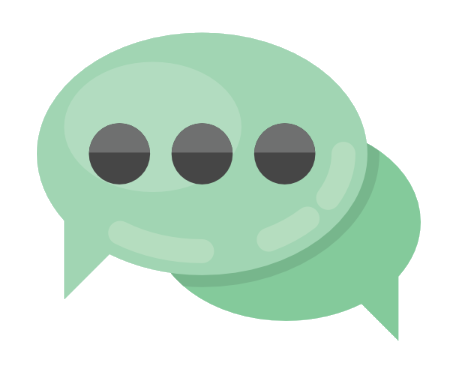Probably the only reason I did not get into Terraria as an experienced Minecraft player is that my brain really hates 2D worlds.
I realize I miss out on many wonderful games, but how the hell do you feel comfortable restricted to one plane? This constantly makes me as a character feel I’m out in the open from two sides, and God knows what’s there.
Maybe it’s some weird quirk, but my brain is strictly 3-dimensional.
















I don’t think there is a single universal Great filter, and living and then potentially sentient beings with various traits will face various obstacles.
First, life needs suitable materials for polymers and a lot of energy. Most places don’t have both.
Next, basic blocks of life that would be self-replicating and adaptive should be randomly generated, which is extremely unlikely and literally took over a billion years on Earth, a planet with generally great conditions for such process.
Then, those blocks should be able to get together to form complex structures - ideally, many separate ones, so that one event wouldn’t destroy the entire effort. Earth had it easy, with billions of super simple life forms.
Next, assuming life survived up to this point in a potentially unfriendly and ever-changing environment, bombarded by UV light and exposed to myriad of sources of damage, it should not destroy itself or environment too badly to never recover. Earth had periods when life generated too much carbon dioxide or too much oxygen (yes, that too was a thing), and those were critical points at which our story could very much end.
Then, life has to evolutionize and get into complex forms, either by forming multicellular organisms or by making a cell a powerhouse of everything.
Then, life has to get sentient, and some kind of response system should be available and get highly complex.
Then, most of the sentient creatures just won’t be tribal, and civilization requires society and a common effort.
Then, many more won’t be expansionist, and will die out in some small region.
Many also won’t be competitive, which would slow down evolution.
For those species who are competitive, they shouldn’t destroy each other while they’re at it, and this is currently one of the risks of our own.
And after all that, they should develop space travel and either get as developed and decisive and resource-rich as to send a generational ship to some random planet named Earth populated by genocidal monkeys, or to somehow hyperdrive here. They can very much decide it’s not worth it, and they may be so far away we couldn’t see signs of their civilization.